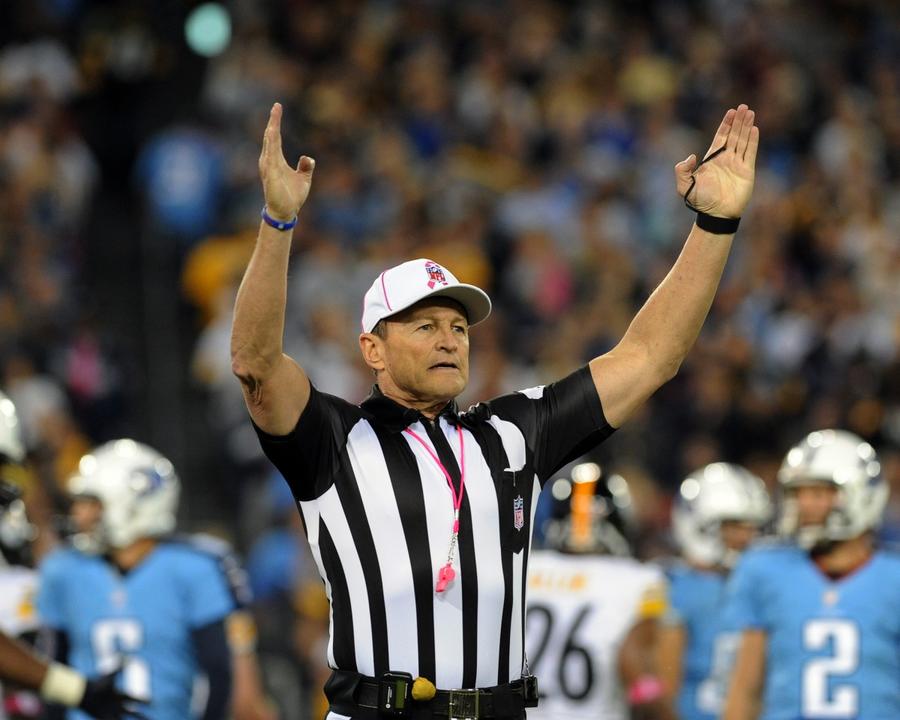Football season is in full swing and every weekend we watch the NFL referees run up and down the field making calls that can make or break the outcome of the game. Those poor referees. They get the brunt of the angst. Fans yelling at their TVs when they think a call was wrong. Fans criticize refs easily, but the truth of the matter is that the NFL's website shows that referees were 95.9% accurate on all calls during the 2016 season. With that kind of accuracy, those officials in the striped shirts deserve a big payday—and they know it. Just look at what happened in 2012 when the official referees were on strike. Replacement referees had to step in and boy was that a disaster. It was a Monday Night Football game between the Green Bay Packers and Seattle Seahawks. A very controversial end zone call at the end of the game forced the NFL and its striking officials back to the bargaining table. Three weeks into the 2012 season the they came to a new eight year agreement that included changes in their pension and retirement benefits as well as wage increases throughout the term of the agreement.
NFL Referee Salary
During the 2012-2013 season, the average NFL referee salary was $149,000. For the 2013-2014 the average NFL referee salary was $173,000. In 2014-2015, the referees earn an average of $10,500 per game (regular season, pre-season and playoff), which works out to $180,000 per year.
In 2019, the average NFL salary was raised to $205,000. Today season, a rookie NFL referee's salary starts at $78,000. A 10-year veteran can make as much as $200,000 per season. But here's the kicker (pun intended): NFL referees are not full time employees. They do not get paid time off and they do not receive health benefits. Even though NFL refereeing is a highly paid side job, most officials have full time jobs outside of Football.
Even though being an NFL ref is just a side-job, refs aren't simply running around blowing a whistle for a few hours each Sunday. NFL refs are required to spend 35-40 hours per week preparing for games, training physically, studying rules and traveling for games. For example, now-retired NFL ref Ed Hochuli famously worked a day job as a lawyer.

Al Messerschmidt/Getty Images
/2016/12/GettyImages-152657795.jpg)
/2014/06/jonas-e1403682498937.jpg)
/2016/02/GettyImages-82884899.jpg)
/2023/01/GettyImages-1441242543.jpg)
/2020/01/GettyImages-959329798.jpg)
/2014/06/GettyImages-519638982.jpg)
/2012/11/Steve-Tisch-1.jpg)
/2020/08/Chuck-Noll.jpg)
/2020/08/gc-1.jpg)
:strip_exif()/2020/06/taylor.png)
/2014/09/green.jpg)
/2014/08/sp-1.jpg)
/2020/10/the-miz.png)
/2020/03/favre.jpg)
/2013/12/dan.jpg)
/2011/12/John-Mara-1.jpg)
/2015/11/Chris-Sacca.jpg)
/2020/07/jared-kushner.jpg)
/2018/12/Jack-Lambert.jpg)
/2013/10/Bernadette-Peters-1.jpg)
/2019/07/mj.jpg)
/2011/12/Rooney-Mara1.jpg)
/2010/03/emil.jpg)